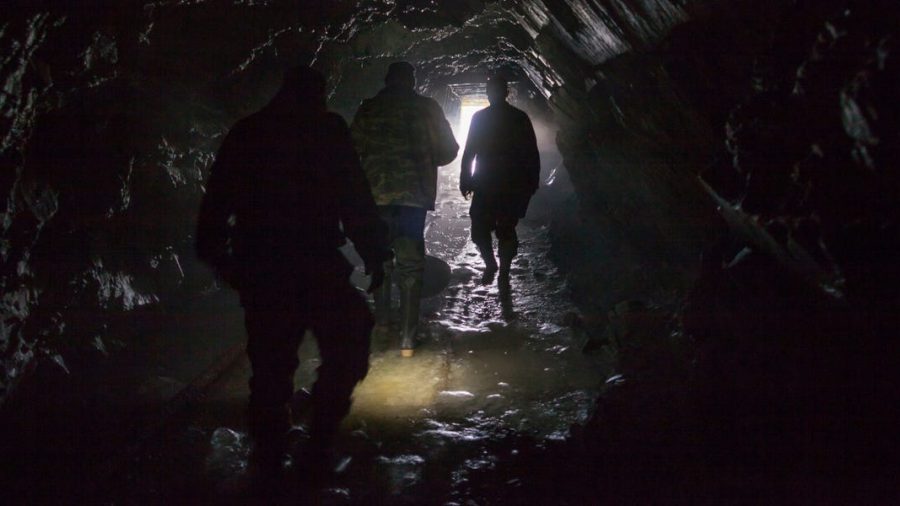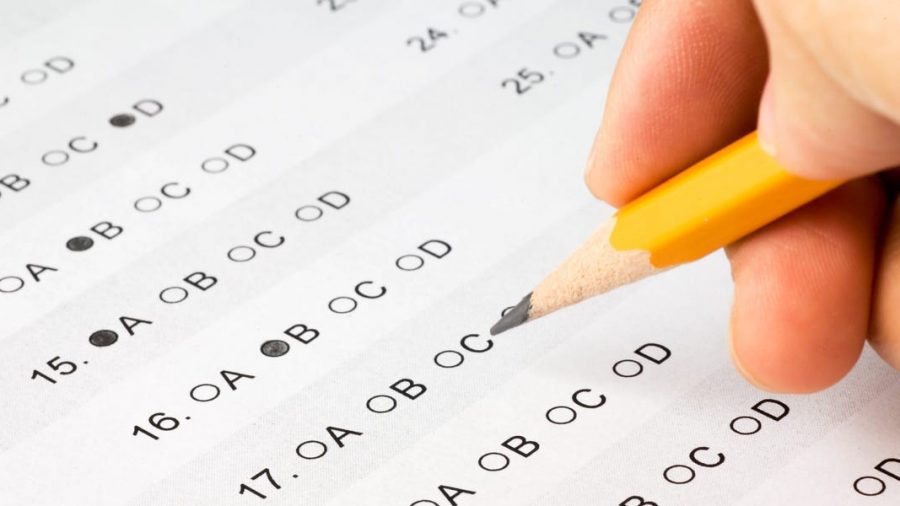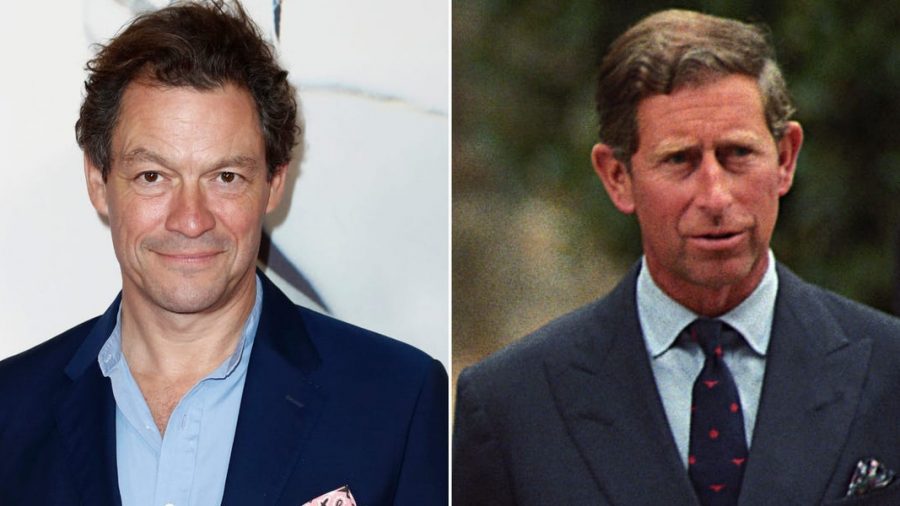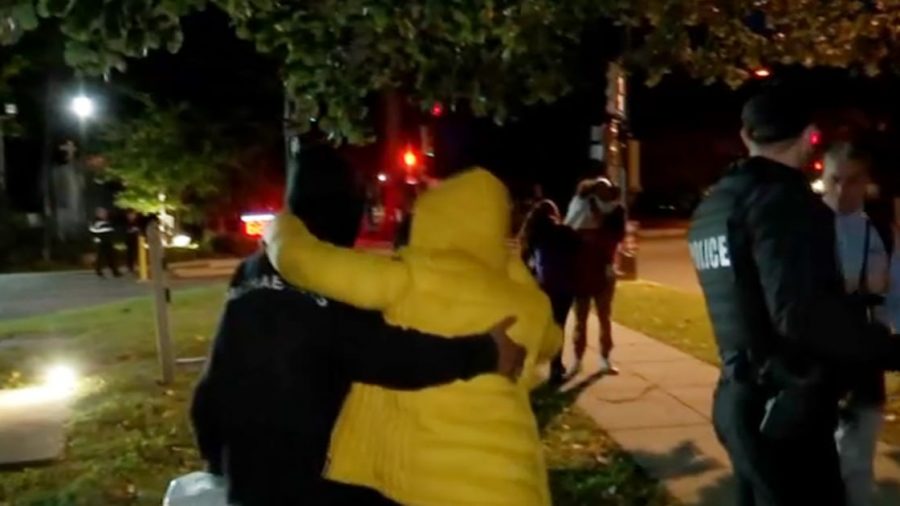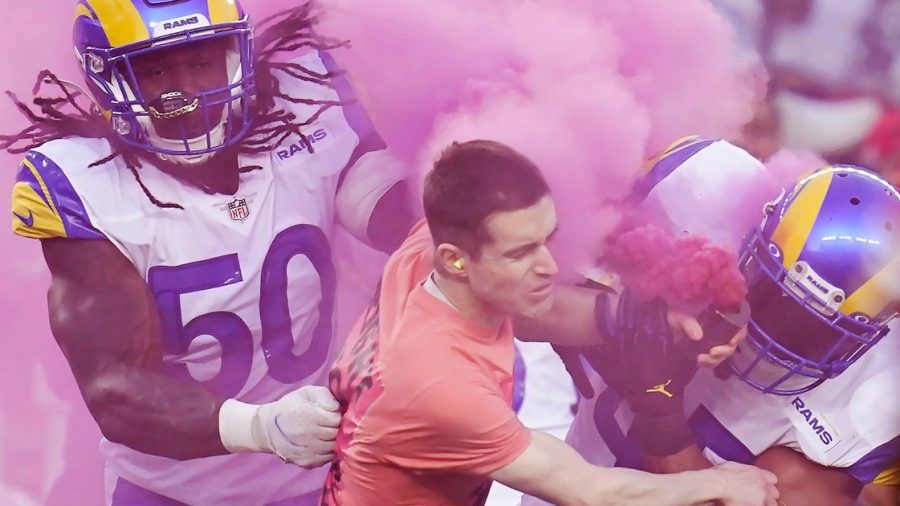NEW Fox News articles can now be heard on audio! The World Health Organization (WHO) has classified the viral disease monkeypox as a global health emergency, and British researchers who were involved in one of the important therapeutic COVID-19 studies are now focusing on remedies for it.
The Oxford University team behind the so-called RECOVERY study, which focused on four efficient COVID treatments, on Tuesday announced a new experiment, code-named PLATINUM, to determine whether tecovirimat from SIGA Technologies is a reliable monkeypox treatment.
There are presently no proven treatments that can assist patients who contract the disease recover more quickly, despite there being vaccines created for the closely related smallpox that can lower the risk of contracting monkeypox.
WHAT YOU MUST KNOW ABOUT THE VIRUS AND HOW TO PROTECT YOURSELF WITH REGARD TO MONKEYPOX
Since early May, there have been more than 40,000 confirmed cases of monkeypox, including a few fatalities, in more than 80 nations where the virus is not endemic. The United States accounts for more than 35% of the total number of confirmed cases at this time, while the UK has more than 3,000 cases.
The main method of virus transmission is direct contact with an infected person. Mild symptoms like a fever, rash, swollen lymph nodes, and pus-filled skin sores are frequently caused by it. Although severe cases might happen, according to the WHO, people typically recover in two to four weeks.
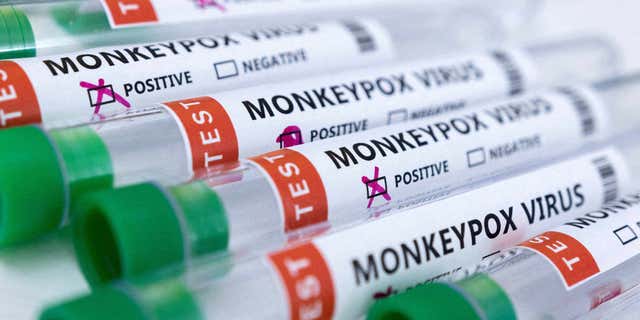
The European Union and the United Kingdom have approved Siga’s medicine, known as Tpoxx, for the treatment of illnesses brought on by the orthopoxvirus family, which includes smallpox, monkeypox, and cowpox. However, due to insufficient trial evidence, it is often only used in severe instances in Britain.
The medication is only permitted for the treatment of smallpox in the US and Canada.
Studies to determine the efficiency of the medication in infected individuals have not yet been conducted because smallpox has been eradicated and incidences of monkeypox and cowpox normally occur irregularly.
Instead, research in animals given lethal amounts of orthopoxviruses as well as examinations of the medication’s effects in healthy humans serve as the foundation for its success.
The PLATINUM experiment, which is supported by a 4.35 million dollar ($3.7 million) grant from the UK government, seeks to enroll at least 500 individuals. Either a placebo or a 14-day treatment of tecovirimat will be administered to the participants.
The speed at which lesions heal, the length of time it takes for patients to test negative for the virus, and the percentage of patients who need to be hospitalized because of problems will all be monitored in order to gauge how well the medication works.
EU SIGNS MONKEYPOX VACCINE DEAL WITH BAVARIAN NORDIC
Sir Peter Horby, professor of emerging infections and global health at the University of Oxford and the head of the new Pandemic Sciences Institute, said, “I’m hoping we can have a result by Christmas, but it relies on the rate of recruitment.”
U.S. officials announced earlier this month that a randomized clinical trial would be conducted there to see if tecovirimat should be approved for use against monkeypox.
Orders for oral tecovirimat from Siga, which sells both an oral and an intravenous formulation of the medication, total $60 million so far this year.
The only vaccination for monkeypox that is currently approved, produced by the Danish company Bavarian Nordic, is in short supply, forcing nations to use up their current stocks.



